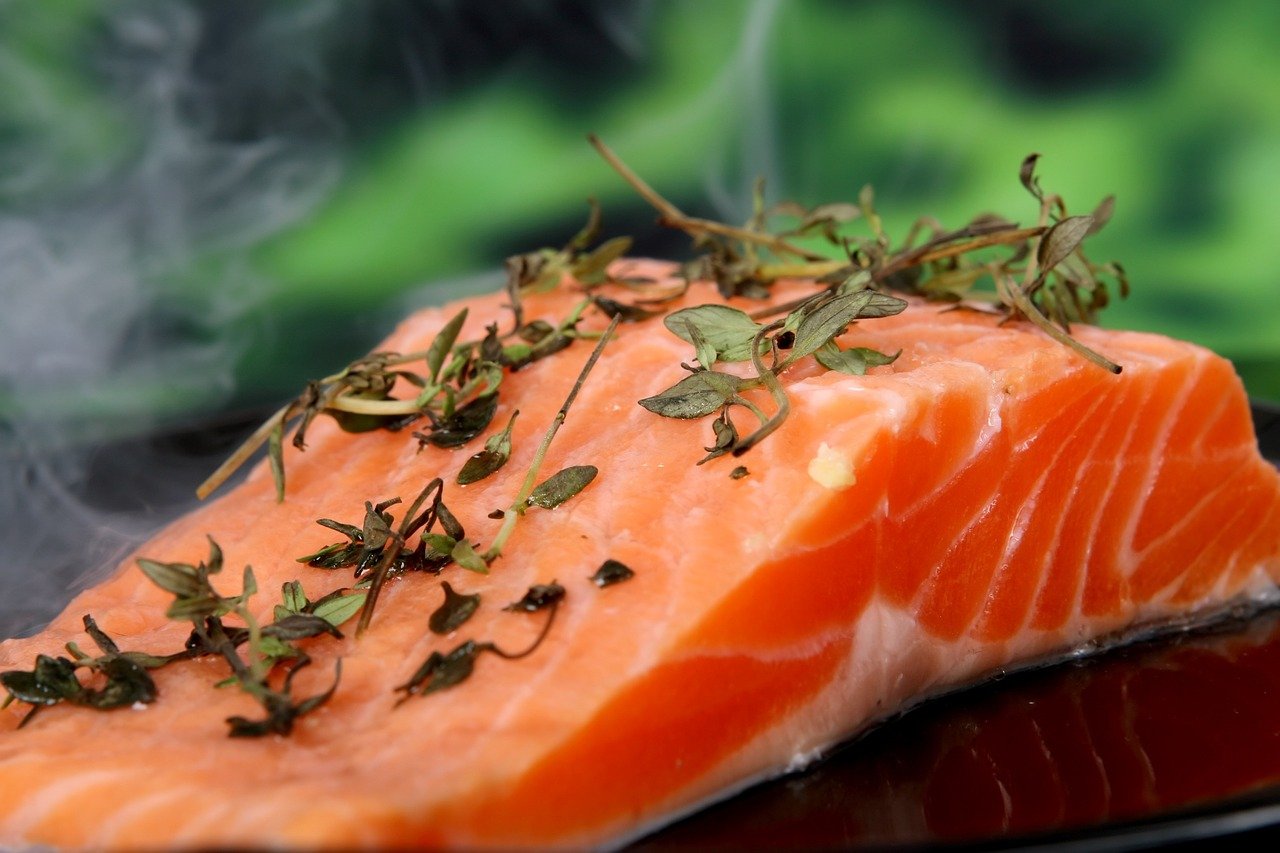Salmon is one of those rare foods that both tastes good and is good for you. Not to mention, it’s fun to catch a wild one! The meat of a wild salmon has a certain quality to it that you just can’t buy. NK Fishing Guides will happily take you to where you need to go to get a salmon. Now, how to get the salmon out of that water and into your boat? (And eventually, on your dinner plate!)
Bait That Salmon Can’t Resist
If you want to catch a fish, you of course need to bring the right bait. If you are float fishing for Chinook, sand shrimp could be the thing to use. Though, for the most part, salmon in fresh waters are looking to spawn rather than eat, so it’s a better bet to use a shiny lure that will make a salmon mad enough to bite. If you’re doing a bit of plunking, for instance, Kwikfish is popular. A strong-smelling sardine attached to it may draw a salmon’s attention. If you do trolling, get something flashy that spins like a rotating flasher. A little cut plug herring will lure in a salmon that hasn’t completely lost its appetite. Fluorescent colors tend to attract salmon as well.
The Rod and the Reel
If you’re just out to get the little pink salmon, a ten to fifteen-pound line will do. But typically, an eight and a half or nine-foot rod rated for a fifteen to thirty-pound line is what you’ll be wanting. You could use either a spinning reel or a baitcasting reel. Now, if what you’re game for is a monster-sized Chinook, you’ll need a twenty to twenty-five pound line. As for the poles, spinning poles are easy to cast with the right reel and are very popular with anglers. Baitcasting poles are more productive but recommended more for the seasoned fisher. At any rate, you want to have a good six inches to a foot of the pole behind the reel. If you fish in a boat, you might want to use a relatively lightweight pole.
Out of the Boat and Into the Frying Pan
Congratulations! You caught a salmon! Now, what do you do with it? Cook it up and eat it, of course! Since you’re out to catch salmon and not salmonella, it’s a good idea to keep your catch bacteria-free. Try keeping the fish alive in a bucket of water until you are done for the day. If that’s not an option (Good luck trying to fit a thirty-pound Chinook in a bucket!) store them in a cooler below forty degrees Fahrenheit and packed with ice. When cleaning your fish, be very careful when removing the stomach and intestines so that the meat does not become contaminated. After cleaning, it’s either back into the below forty cooler or straight into the pan. When the meat has an internal temperature of one hundred and forty-five degrees Fahrenheit, it is safe to eat.
Out of the Frying Pan and Onto the Table
Maybe you want to take your catch home and cook it up. Maybe you want to cook it over a campfire. Even in this case, no need to just gulp it down like a grizzly. Have something to accompany your salmon to enhance the flavor. You have perhaps heard that white wine pairs well with fish. While that is mostly true, a pinot noir will pair well with seared salmon. Just don’t go with anything too full-bodied. Of course, if you’re camping out, you might just crack open a beer! If you’re eating salmon because you want those omega-3 fatty acids, serve your salmon with a side of carrots, broccoli, or asparagus. Some people like roasted potatoes or risotto with their salmon. Healthier choices may be mushrooms or cauliflower. Garlic and dill are great seasonings for salmon as well as salt and pepper. Just remember to season your salmon right before cooking so that it won’t dry out.
Cook that salmon skin side down, and you’ll have a good meal in next to no time!











































